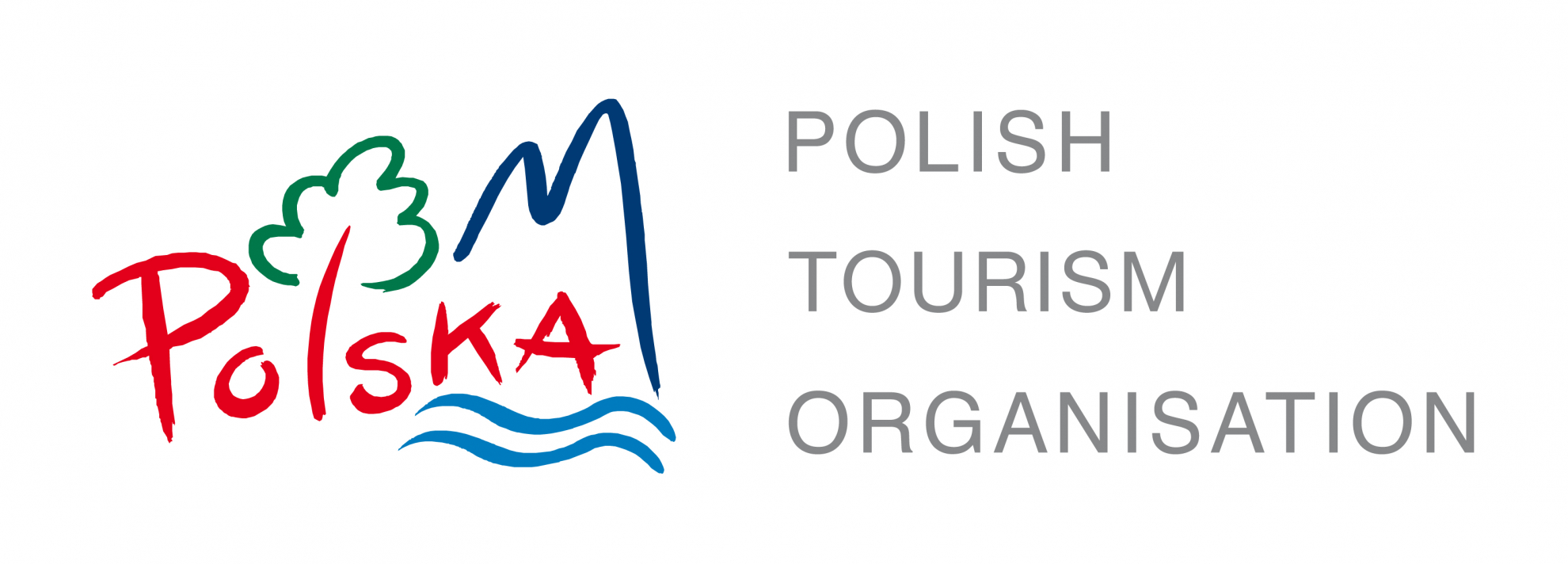The period from the late 19th century to the outbreak of the Second World War was a new era for Srebrna Gora. The city, which in its history first developed due to the mining industry and later the massive fortress with a large garrison, was a source of wealth for the local residents. The removal of the fortress in the second half of the 19th century was economically disastrous it also created an opportunity for the dynamic development of tourism. The stormy history of the mid-20th century halted this process for many years.
FEATURES, ORIGINS, VALUES AND LEGAL PROTECTION
The Srebrna Gora Fortress is the highest mountain stronghold in Europe. It was established in Srebrna Pass between 1765 and 1777 which perfectly strengthened the defences of the Prussian state borders in the region. It consists of the bastion “Fort Donjon” which was the heart of the fortress and the distributed ancillary forts of “Wysoka Skala”, “Fort Rogowy” and “Fort Ostrog. The Chochol Wielki and Chochol Maly hills were also fortified. The total created a powerful defensive complex which proved its effectiveness in the battle against the forces of Napoleon Bonaparte in 1807, by fending off all attacks. In the mid-19th century, as a result of changes in warfare strategies, the stronghold lost its strategic importance. In the period up to 1939, some of the buildings of the old fortress were adapted for tourism which included hostels, restaurants and exhibitions. During World War II, the buildings of the fortress were used as a POW camp for Polish officers (Oflag VII b). After the war, the local community began to renovate and refurbish individual buildings. A major contribution to this work was the action by a scout group. In 1961, the Srebrna Gora Fortress was entered in the register of monuments.
As a way of protecting cultural heritage sites, the Srebrna Gora Fortress was incorporated into the first Fortress Cultural Park created in Poland in 2002. Due to an edict by the President of the Republic of Poland, the fortress became a historical monument in 2004. The underground route is made up of the prepared casemates under “Fort Donjon”.
TOUR ORGANISER
Fortress Cultural Park Sp. of o.o
57-215 Srebrna Gora
Ul Letnia 10
mobile +48 509 591 311
e-mail: zarzad@forty.pl
Information and Ticket desk
Tel: +48 74 818 00 99
Mob. +48 512 922 577
e-mail: info@forty.pl
www.forty.pl
ACCESSIBILITY OF FACILITIES BY VISITORS
Sightseeing every day at:
- From April till October, between 10.00 and 18.00.
- From November till March, between 10.00 and 16.00.
- Holiday and weekends, between 10.00 and 19.00.
Last guided tour, one hour before closing.
Throughout the year we offer educational tours, guided adventure, social events and family picnics.
We recommend comfortable, athletic shoes and warm clothing in the summer.
The facility is not suitable for people with physical disabilities.
Guided tours only


 Location Map:
Location Map:


